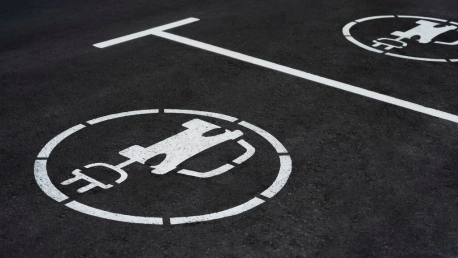The European Alternative Fuels Infrastructure Regulation (AFIR) is a significant step in Europe’s shift to electric vehicles (EVs). Implemented on 13 April 2024, AFIR ensures that charging stations across the EU are equipped with user-friendly, non-discriminatory payment methods available to everyone. The regulation is designed to keep pace with the surging number of EVs and to lower the barriers for consumers considering the switch to electric. By enhancing the charging network and streamlining the payment process, AFIR bolsters the continent’s commitment to reducing carbon emissions and moving towards sustainable transportation. This initiative is crucial for Europe’s green transition, influencing the adoption of EVs by ensuring that the necessary infrastructure keeps evolving to meet demand.
Mandate for Better Access and Transparency
Under AFIR, the fundamental shift is the requirement for EV charging stations, particularly new installations and those with more than 50 kW capacity, to offer ad-hoc payment options. This means that the occasional user, perhaps someone on a country-spanning road trip or a city-dweller renting an EV, can simply pull up to a charging station and pay for the electricity as one might do at a traditional petrol pump. The requirement for transparency in pricing further enhances this accessibility, removing the veil of membership fees and hidden costs that have plagued the early days of EV infrastructure rollout.The aim is to dismantle the barriers to EV adoption posed by the labyrinth of proprietary charging networks and exclusive memberships that have characterized the market thus far. By requiring charging stations to adopt universal payment methods, such as credit card terminals and diversified digital payments, Europe eyes a future where electric mobility is truly for the masses. The seamless user experience from the point of tapping a payment card to charging an EV will help entrench the perception of electric vehicles as not only environmentally conscious choices but as the standard for convenience in automotive transport.
Infrastructure Expansion and Integration
The European Union is setting the stage for a future-proof EV charging grid with an ambitious directive mandating charging stations every 60 km and truck charging points every 120 km along major highways. This blueprint aims to replicate the convenience of traditional fuel stations with a modern twist, fostering expansive ‘green’ transport routes throughout Europe.With an investment exceeding 424 million euros backing the addition of thousands of charging points, this plan is more than just regulation – it’s laying bricks for a real-world charging landscape. This proactive strategy is purpose-built to accommodate the swelling number of electric vehicles, ensuring that a lack of infrastructure won’t hinder the transition to clean transportation. By anticipating the needs of tomorrow’s EV market, the EU is paving the way for a greener mobility revolution.









